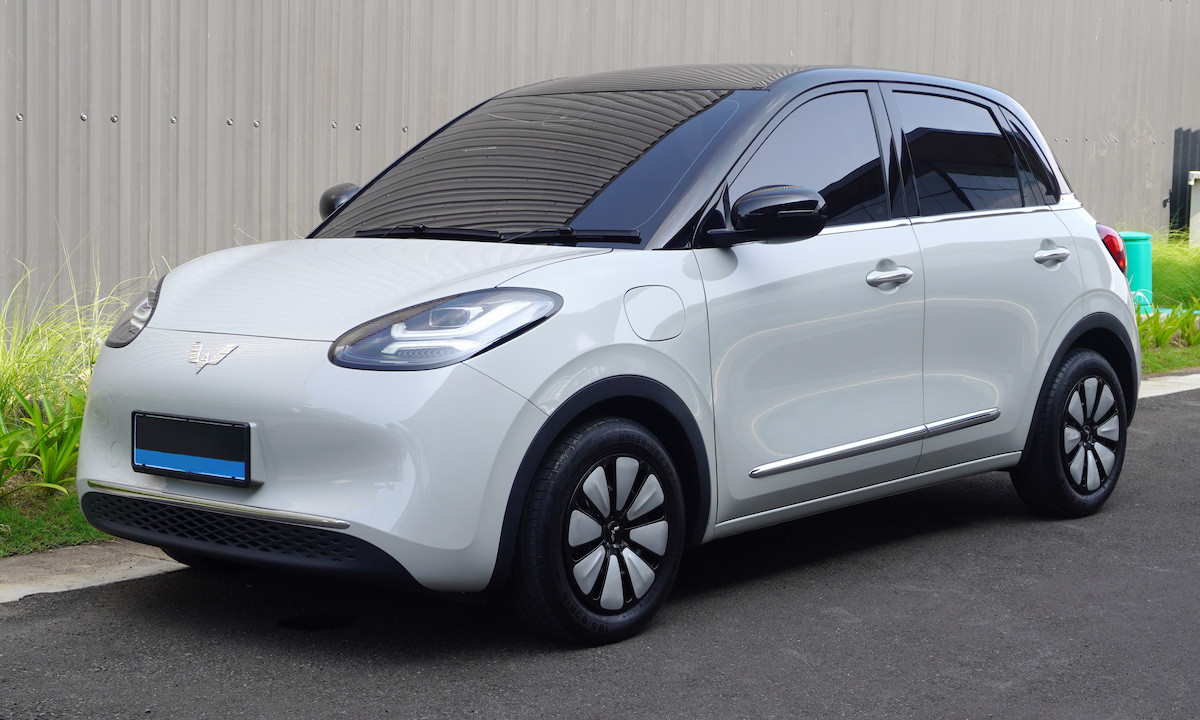
The US-based Center for Strategic and International Studies (CSIS) says China has spent $230.8 billion in the last 10 years to develop its electric automobile industry. In 2009-2023, the Chinese government’s support to its auto manufacturers reached 18.8 percent of electric vehicle sales.
Thanks to the generous support from the government, China’s electric vehicle industry has made great strides. In 2023, China exported 4.91 million automobiles, most of which were electric.
Most of the top 10 Chinese auto manufacturers are in Vietnam, including BYD, Geely, Chery, Great Wall, SAIC and Wuling.
A representative of BYD said Vietnam is an important market with a population of over 100 million and a high proportion of young people, who grasp new technological trends and are willing to use electric vehicles instead of gasoline-run cars.
The Ministry of Industry and Trade (MOIT) predicted that the Vietnamese market would have 1 million vehicles by 2030 and 1.5-1.8 million after 2035.
Meanwhile, the government of Vietnam has set ambitious goals on reducing greenhouse gas emissions and encouraging people to shift to clean-energy cars.
Vietnam has set a detailed roadmap for the transition process. It will step by step restrict the production, assembly and import of fossil fuel-use cars and motorbikes by 2040. From 2050, all vehicles in circulation will use electricity and green energy.
With the strategy, electric vehicle manufacturers can clearly see opportunities.
In August 2023, Wuling cooperated with TMT Motors to assemble Wuling HongGuang mini electric cars at a factory in Hung Yen province, and it is going to assemble other products, such as Wuling Bingo and Wuling Baojun Yep.
Chery has decided to team up with Vietnam’s Geleximco to establish a joint venture and an assembly factory, capitalized at $800 million in Thai Binh.
The factory construction is expected to start in late 2024, and once operational, will develop purely electric models with Omoda and Jeacoo brands. SAIC and other Chinese manufacturers are also drawing up plans for automobile assembly factories in Vietnam.
Chinese car era?
Analysts believe that sales agents of Chinese automobile manufacturers will mushroom in Vietnam.
BYD is going to open 15 retail points this year and plans to open 50 agents throughout the country. Chery will open 20 3S sales agents this year, and the figure will rise to 30 by 2025 and 100 by 2028. SAIC has 30 agents and it continues to expand its retail network.
SAIC, Chery and BYD aim to be among the top 10 largest automobile manufacturers in Vietnam.
Contrary to the prediction that the lack of a charging station network in Vietnam may discourage foreign electric vehicle manufacturers, Chinese companies said that they will cooperate with each other and with third parties to develop shared charging networks.
The government of Vietnam has offered big preferences to encourage people to use electric vehicles, including a 3-year vehicle registration tax exemption, from March 2022 to March 2025; and a 5-year luxury tax reduction from March 2022 to March 2027.
However, since the preferences offered are modest, experts believe that agencies may re-design the preferential policies to better encourage the use of green-energy vehicles.
Vietnam’s automobile industry development strategy by 2030, with a vision toward 2045, being compiled by MOIT is expected to be submitted to the government for approval by year end.
The strategy says automobiles are an important industry which not only makes a great contribution to socio-economic development, but also can satisfy new requirements to pioneer in environmental protection.
The ministry said that there will be incentives to encourage the development of fuel saving and green energy vehicles.
If so, Chinese manufacturers will not only enjoy preferences in their homeland, but also in Vietnam. The only thing they need to do is persuade Vietnamese people to abandon their preconceptions about the low quality of Chinese products.
Hoang Hiep